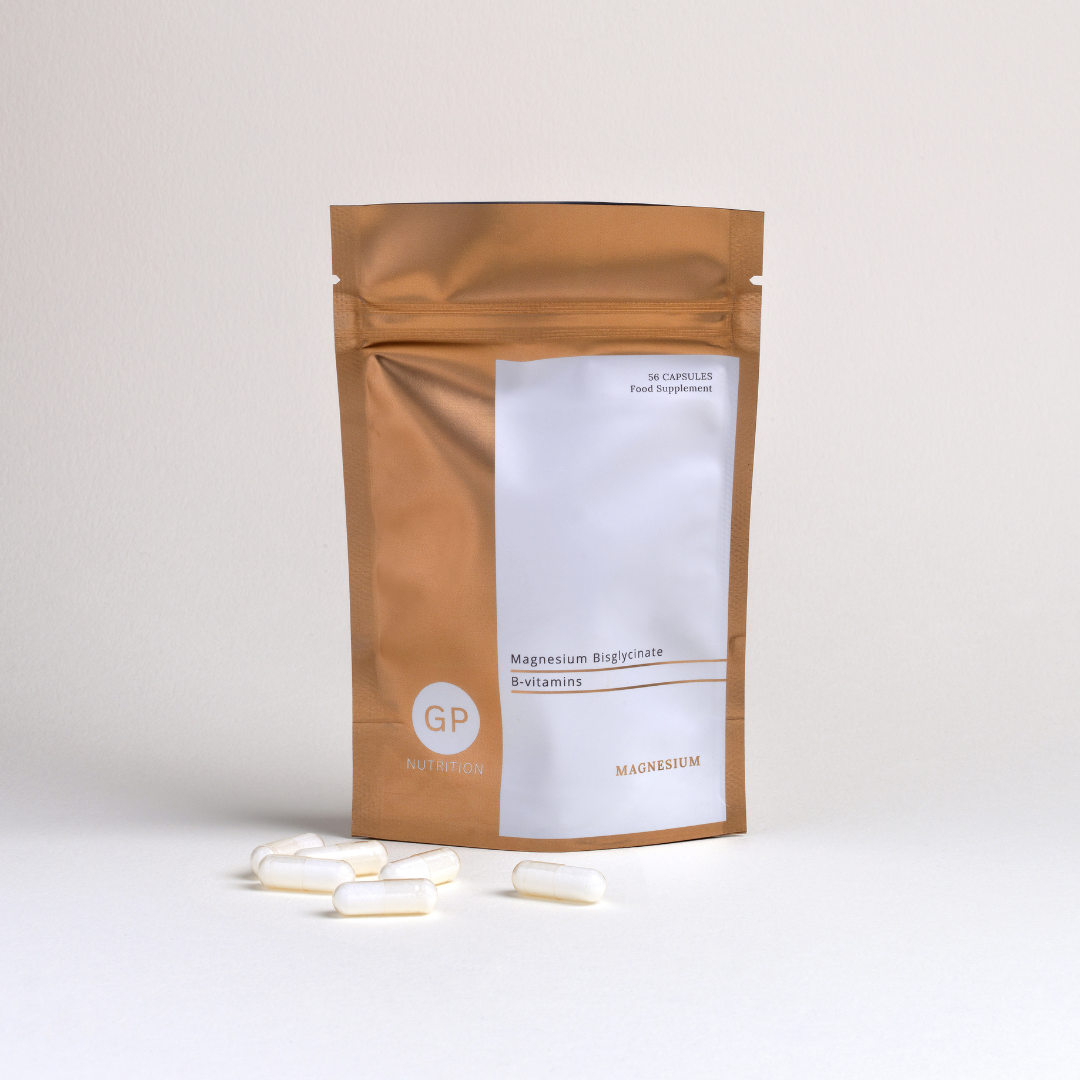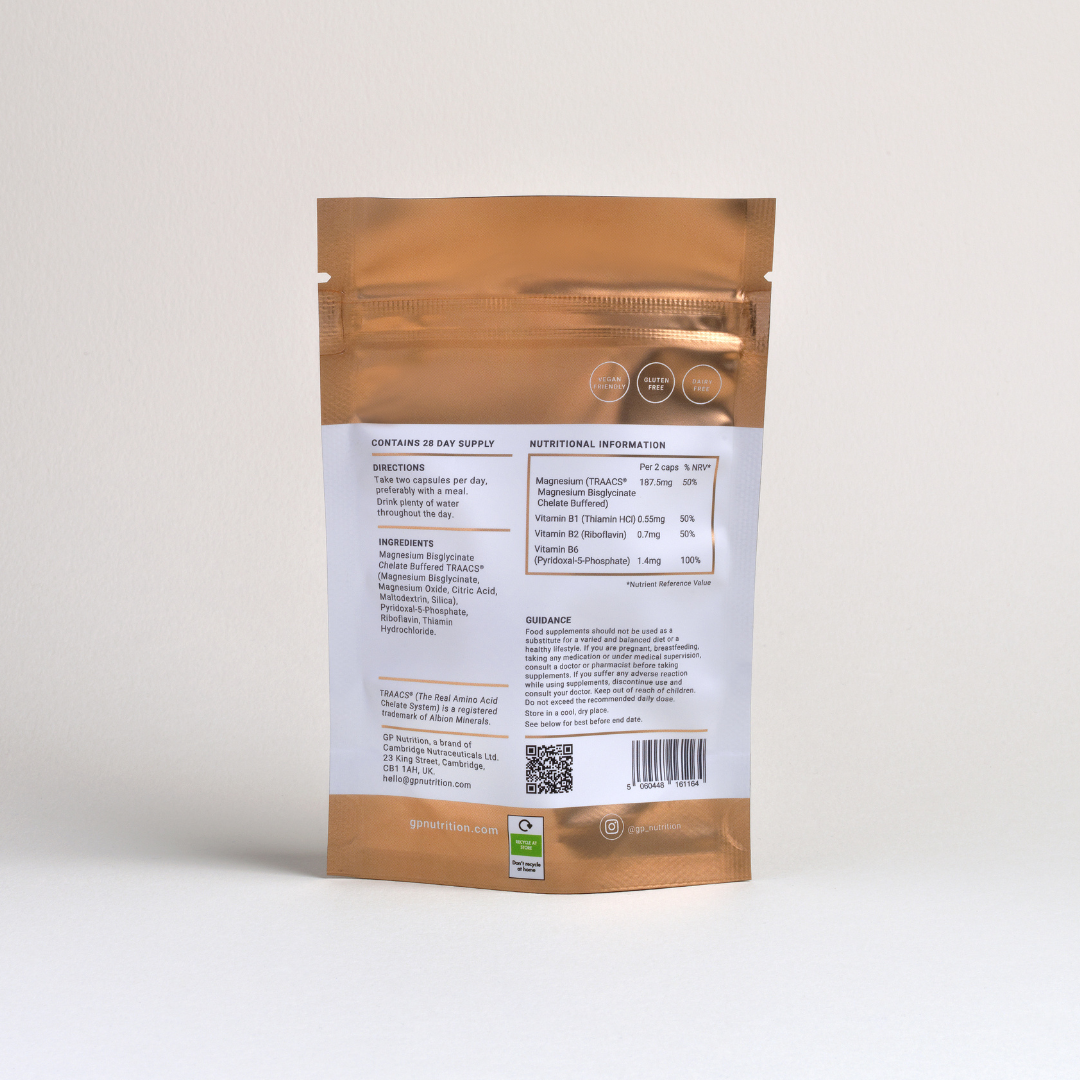Menopause is a natural stage in a woman's life that usually begins sometime between the ages of 45 and 55, although earlier for some. It happens as the body naturally produces less of the hormone oestrogen. Full menopause is reached when periods stop completely, and a medical professional can confirm this with a simple blood test to check your hormone levels.
“Periods will usually start to become less frequent over a few months or years before they stop altogether. They might be more irregular and become heavier or lighter. For some women, they can stop suddenly.” - NHS Inform

Tell me more…
Prior to menopause there's a stage known as the perimenopause, which can start in a woman's early 40s. During this time, you may experience symptoms similar to PMS – your medical practitioner will be able to tell between the two and offer support and guidance.
Every woman’s experience of menopause is unique. Some hardly notice any changes, while others may experience a variety of symptoms that can feel more difficult to manage at times.
Common symptoms of perimenopause include: insomnia, fluctuating moods, brain fog, low energy, hot flushes and night sweats. It can be a stressful time – but changes to your diet and lifestyle, and potential medical support, can be incredibly beneficial and make the experience less daunting.
It's a good idea to talk to your doctor once you begin to notice changes in your cycle. Those could be your periods becoming less frequent or more irregular, or heavier or lighter; in some cases, your periods might stop altogether.
Your doctor may order a round of hormone testing at this stage to provide further support and resources, and perhaps offer medication such as HRT (hormone replacement therapy) to ease symptoms.

A note on HRT
HRT, or Hormone Replacement Therapy, is a treatment that may be offered to relieve menopausal symptoms by replacing hormones that are naturally declining as you approach the menopause. It can also help prevent weakening of the bones (osteoporosis), which can often follow menopause.
As with any medication, there are different types of HRT, and each comes with potential risks – for example, a slightly increased risk of developing breast cancer. That said, the benefits of taking HRT are believed to outweigh the risks. Your doctor or prescribing medical professional will be able to discuss your individual concerns and help you decide on an approach that feels right for you.
To get started on HRT you can book an appointment with your GP, who can explain the different types of HRT available. You’ll usually start with a low dose, which may be increased as you progress through menopause.

A change in lifestyle
It's always a good idea to talk to a medical professional, but there's also a lot you can do to support yourself naturally, especially if you start early. Many symptoms of perimenopause can be soothed by looking after your adrenal health and energy levels. Managing stress, getting a good night's sleep and keeping to a healthy weight can all make a real difference to how you feel during this time.
Eating a well balanced diet and including regular, gentle exercise in your routine is a great way to start. A focus on protein in every meal and/or snack is incredibly important, as protein is an essential factor in the production of hormones and neurotransmitters, which will also address neurological symptoms such as brain fog.
A healthy balance of complex carbohydrates and fats will provide steady energy throughout the day, as well as supporting the body’s essential functions such as digestion.

If you're looking for ways to manage your symptoms naturally, some supplements can also offer meaningful support, including:
A high-quality multinutrient – to support energy production, focus and mood.
Omega 3 Fatty Acids – to support hormone balance, brain health, eyes and skin.
RadiantMe™ – to provide a nutrient boost for glowing skin when changes to your hormonal balance can make it dull and dry.
MetaboliseMe™ – for a helping hand when hormones make weight management difficult and energy levels slump.
Fibre (Capsules) – to aid digestion, support weight management and balance energy levels.
Menopause is a unique journey for every woman, and there’s no one-size-fits-all experience. With the right guidance, lifestyle choices and support – whether through diet, gentle exercise, supplements or HRT – it’s possible to navigate this natural transition comfortably and with confidence.





Leave a comment
All comments are moderated before being published.
This site is protected by hCaptcha and the hCaptcha Privacy Policy and Terms of Service apply.